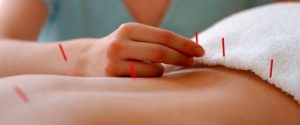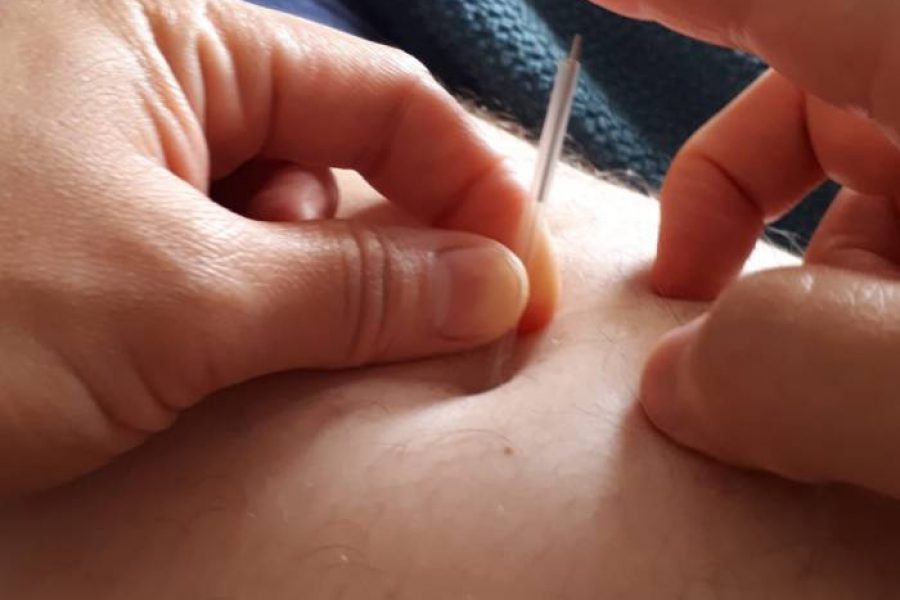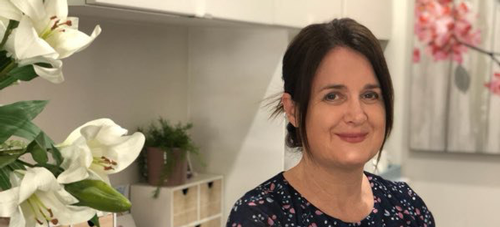Over the years I have had many of my clients ask what the difference is between acupuncture and dry needling so I have decided to address this in my blog.
Firstly, what do acupuncture and dry needling have in common?
The things that acupuncture and dry needling have in common are by far outweighed by their differences. One thing, though, acupuncture and dry needling have in common is that they both involve using fine needles to puncture the skin in order to provide relief from both acute and chronic pain. Another similarity is that acupuncture and dry needling sometimes use similar point locations and they also use the same tool – that being an acupuncture needle.

So, where do acupuncture and dry needling differ?
The differences between acupuncture and dry needling outnumber the similarities. Acupuncture is based on the Traditional Chinese Medicine (TCM) theory of the meridian system. Each meridian is related to an organ for example the liver, stomach or kidney. During an acupuncture treatment, the practitioner aims to redirect energy or qi in the meridians from areas of excess to areas of deficiency helping the organs to function better and be more balanced, hence improving the health of the individual. The selection of points is based on removing obstructions to the flow or energy or qi in the meridians so that it can flow more freely. The acupuncture practitioner will look at the tongue and feel both pulses to determine the state of the organs, the yin and the yang, and the qi and blood.
Acupuncture also stimulates the production of endorphins and balances the autonomic nervous system and correcting the imbalance of energy flow in the body. During an acupuncture treatment the needles are left in for 20 -40 minutes for optimal effect. Acupuncture treats insomnia, digestive issues urinary bladder issues, stress anxiety and chronic pain to name a few.
Dry needling, on the other hand, is focused in needling muscles and trigger points to disperse knots in the muscles, release myofascial tension, tightness and pain and improve flexibility and function of the muscle groups.
Another difference between acupuncture and dry needling is that acupuncture has been practiced over centuries and it is now a well regulated industry with acupuncturists now doing a 4 year Bachelor Degree to become registered under the title of “Acupuncturist” with the Australian Health Practitioner Regulation Agency (Ahpra). Ahpra works with the Chinese Medicine Board of Australia (CMBA), and has the role of ensuring that a set of standards and policies are met by practitioners of acupuncture. Dry needling is based on Western Medicine and was developed only recently and is not a regulated industry in Australia. For example physiotherapists, natural therapists and remedial massage therapists commonly do a 3 day dry needling course so they can then perform dry needling on their clients.
As long as practitioners of dry needling do not advertise under the title of acupuncturist or say that they practise acupuncture they can perform the act of inserting needles in their patients, however they are not operating under Ahpra’s standards and regulations.





